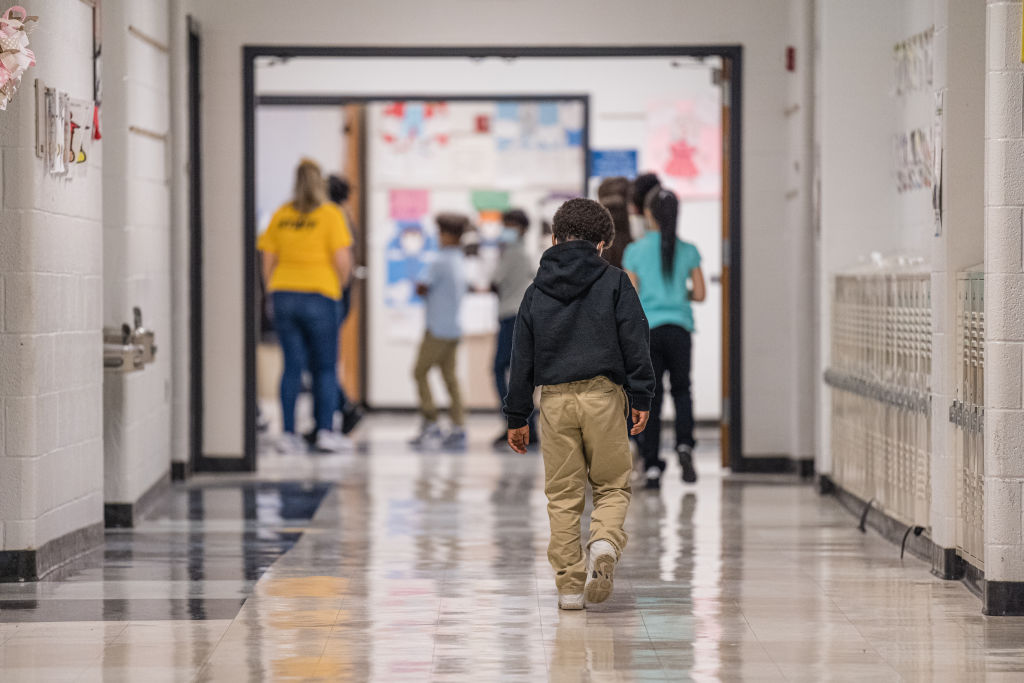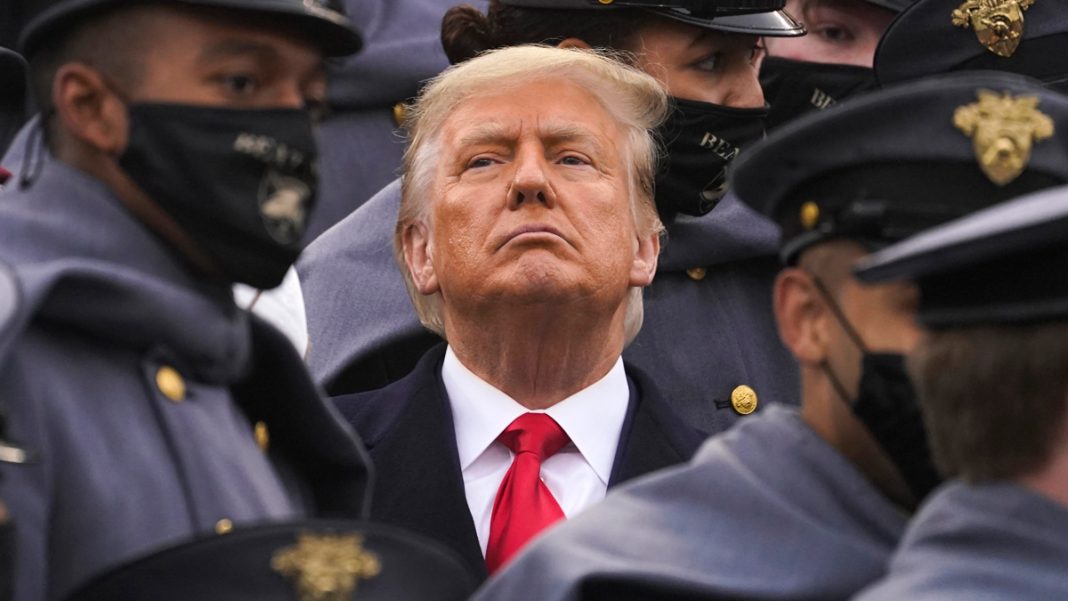Kentucky Voters Face Crucial Decision on School Choice This Fall
Supporters of school choice in Kentucky are rallying for a significant change this fall, hoping voters will take matters into their own hands after state courts blocked previous attempts to funnel public money into private education. As one of three states—alongside Colorado and Nebraska—facing school choice questions on the ballot, Kentucky’s upcoming vote could reshape the educational landscape for families across the state.
The proposed measures would allow state-supported payments to private schools, a move that has ignited a heated debate. Advocates argue that such funding would empower parents, giving them greater control over their children’s education. However, opponents warn that diverting public funds to private institutions could undermine the already struggling public school system.
School choice is gaining traction nationwide, with 33 states, Washington, D.C., and Puerto Rico currently offering various programs. These range from education savings accounts to voucher systems and tax credits designed to help families afford private schooling. Yet, the movement is not without controversy. For instance, in Arizona, the recent expansion of school vouchers has led to bizarre instances of parents attempting to use voucher funds for non-educational purchases like dune buggies and Lego sets.
In Kentucky, the push for school choice has faced significant legal hurdles. In 2021, the Republican-controlled legislature passed a program offering tax credits for donations to nonprofits that provide scholarships for private school students. However, the state Supreme Court deemed the plan unconstitutional in December 2022. Additionally, a county judge struck down a law intended to establish charter schools, leaving Kentucky without any operational charter schools.
Now, advocates are urging voters to approve a constitutional amendment that would allow the legislature to fund education outside the public school system. This amendment would override existing provisions in the Kentucky Constitution that prohibit state funds from being used for sectarian schools. Republican state Senator Damon Thayer, a strong supporter of the referendum, believes this change would give parents the flexibility to seek better educational options for their children.
On the other side of the debate, a coalition of public education advocates, led by retired school superintendent Tom Shelton, has formed Protect Our Schools KY. They argue that funneling public money to private schools would primarily benefit urban areas, leaving rural students—who often have fewer private school options—at a disadvantage. "Who’s going to lose most? The rural poor kids," Shelton stated, emphasizing the potential negative impact on public education funding.
As Kentucky prepares for this pivotal vote, similar discussions are unfolding in Nebraska and Colorado. In Nebraska, voters will decide whether to partially repeal a recently enacted law that allows for a $10 million educational scholarship program for private school students. Meanwhile, Colorado’s ballot measure aims to enshrine school choice in the state constitution, although critics fear it could pave the way for private school vouchers.
The outcome of these ballot measures could have lasting implications for the future of education in Kentucky and beyond. With passionate advocates on both sides, voters will need to weigh the potential benefits of increased school choice against the risks of undermining public education. As the election approaches, the stakes have never been higher for families, educators, and policymakers alike.



